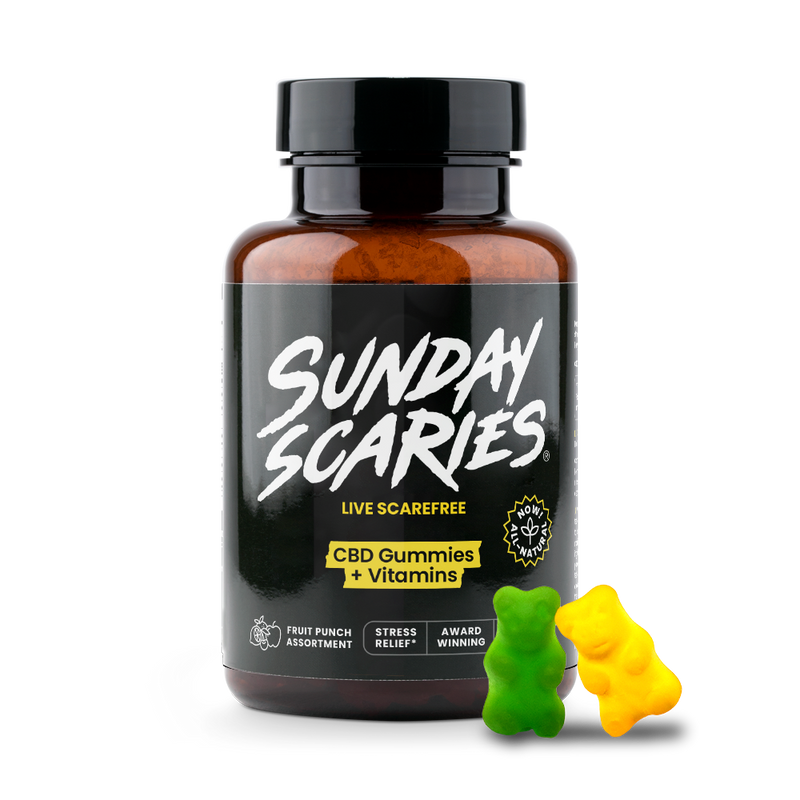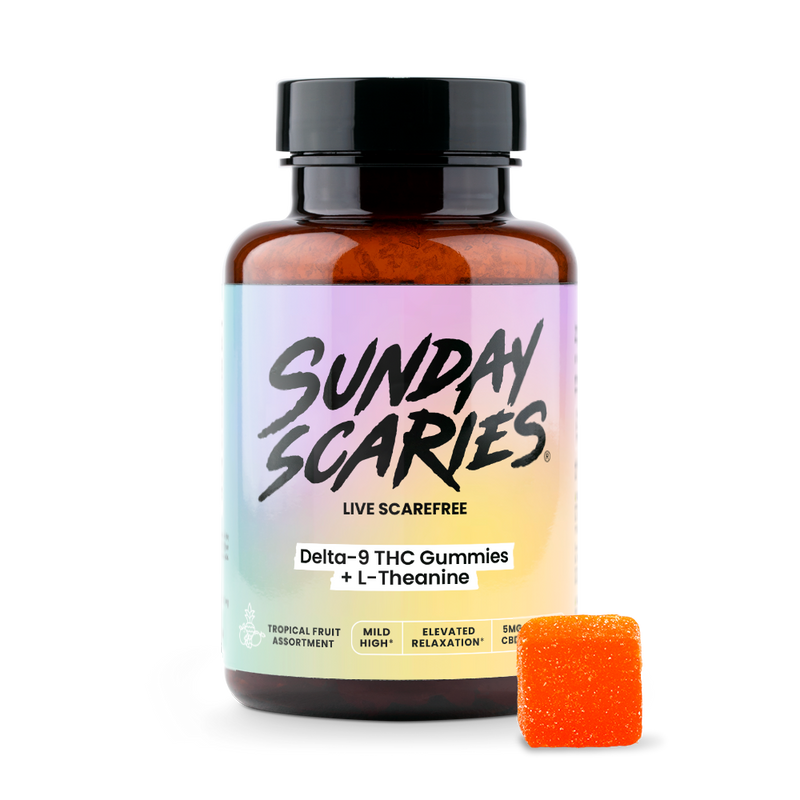
CBD vs THC for Sleep: Which is Better for a Restful Night?
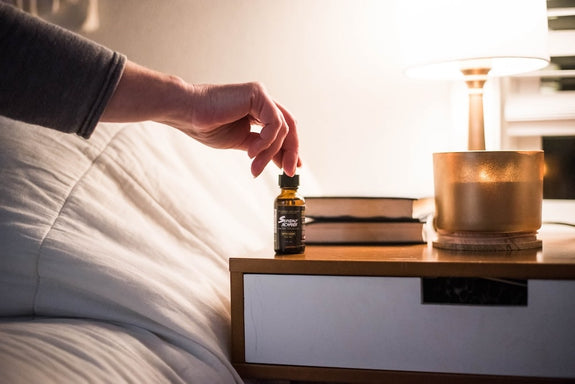
CBD is generally better for improving sleep quality by reducing stress and body discomfort without psychoactive effects, while THC is more effective for quickly inducing sleep but may impact REM sleep and cause psychoactive effects. The choice between CBD and THC for sleep depends on individual preferences, specific sleep issues, and how your body responds to each compound.
In the quest for a good night's sleep, many people have turned to natural remedies, and among the most popular are CBD and THC.
Both compounds, derived from the cannabis plant, have been touted for their potential benefits in promoting restful sleep.
But which one is better? In this comprehensive guide, we'll explore the differences between CBD and THC, their effects on sleep, and how to determine which might be the best option for you.
Understanding CBD and THC
What is CBD?
Cannabidiol (CBD) is one of over 100 cannabinoids found in the cannabis plant. Unlike THC, CBD is non-psychoactive, meaning it doesn't produce the "high" associated with marijuana use. CBD has gained popularity for its potential therapeutic effects, including reducing stress, body aches, and inflammation.
- For more information on potential benefits, uses and safety insights, check out our resource: What is CBD?
What is THC?
Tetrahydrocannabinol (THC) is the primary psychoactive compound in cannabis. It is responsible for the euphoric sensation commonly known as a "high." THC interacts with the endocannabinoid system in the body, influencing various physiological processes, including sleep, appetite, and mood.
- For more general information, check out our resource: CBD vs. THC.
The Science Behind Sleep and the Endocannabinoid System
The endocannabinoid system (ECS) plays a crucial role in regulating sleep. The ECS consists of cannabinoid receptors, endocannabinoids, and enzymes that help maintain homeostasis in the body.
Both CBD and THC interact with the ECS, but they do so in different ways, leading to varying effects on sleep.
How CBD Affects Sleep
1. Stress Reduction: One of the primary ways CBD may improve sleep is by reducing stress. Stress and anxiety can significantly impact sleep quality, and studies have shown that CBD can help you relax and decompress, making it easier to fall asleep and stay asleep.
2. Pain Relief: Chronic pain can interfere with sleep, and CBD is being studied for its pain-relieving properties. By potentially working as an analgesic, CBD may help improve sleep quality for those suffering joint or muscle discomforty.
3. Sleep-Wake Cycle Regulation: Some research suggests that CBD can influence the sleep-wake cycle, potentially promoting wakefulness during the day and relaxation at night.
How THC Affects Sleep
1. Sleep Induction: THC is known for its sedative effects, which can help induce sleep more quickly. Many people use THC to fall asleep faster, particularly if they have difficulty doing so on their own.
2. Sleep Quality: While THC can help with sleep onset, it may not always improve sleep quality. Some studies suggest that THC can reduce the amount of REM sleep, the stage of sleep associated with dreaming and cognitive processing. Reduced REM sleep can lead to less restorative sleep over time.
3. Pain Relief: Like CBD, THC also has potential pain-relieving properties, which may be beneficial for those whose sleep is disrupted by chronic pain.
Comparing CBD and THC for Sleep
Pros and Cons of Using CBD for Sleep
Pros:
- Non-psychoactive
- Reduces stress
- Alleviates body aches
- Minimal side effects
- No risk of dependency
Cons:
- Effects may be subtle
- May require higher doses for sleep
- Individual responses vary
Pros and Cons of Using THC for Sleep
Pros:
- Effective for inducing sleep
- Reduces discomfort from pain symptoms
- May help with conditions like insomnia
Cons:
- Psychoactive effects
- Potential for dependency
- May reduce REM sleep
- Possible side effects (e.g., dizziness, dry mouth)
Personalizing Your Sleep Aid: CBD or THC?
Factors to Consider
1. Sleep Issues: Identify your primary sleep problem. If stress is keeping you awake, CBD might be more beneficial. If you're struggling to fall asleep, THC could be more effective.
2. Tolerance and Experience: Consider your experience with cannabis products. If you're new to cannabis, starting with CBD is often recommended due to its non-psychoactive nature.
3. Side Effects: Be aware of potential side effects. If you want to avoid the "high" from THC, CBD is the better option.
4. Legal Status: Check the legal status of CBD and THC in your area. CBD is legal in many places, while THC is still regulated in several states and countries.
Dosage and Administration
- CBD: Dosage can vary widely depending on individual needs and the form of CBD (oil, gummies, capsules). Start with a low dose (10-20 mg) and gradually increase until you find the right amount.
- THC: Start with a low dose (2.5-5 mg), especially if you're new to THC. Edibles, tinctures, and vaping are common methods of administration.
Combining CBD and THC
Some people find that a combination of CBD and THC provides the best results for sleep. This is often referred to as the "entourage effect," where the compounds work synergistically to enhance each other's benefits.
Products that contain both CBD and THC are available, but be mindful of the THC content to avoid unwanted psychoactive effects.
Real-Life Experiences
Sunday Scaries Testimonials
Check out the testimonials from verified buyers below on using CBD vs THC for sleep.
I work night shift and have a hard time falling asleep after work sometimes. This is my first ever CBD product. I love this stuff, I take a half dropper and it slowly lulls me to sleep in about 30 minutes. I have no grogginess, weird nightmares, no side effects. Honestly this has saved my life so many times when I'm having anxiety or trouble getting to sleep. 10/10!!! 🙂🙂
- Reviewer: Alexis De Los S.
- Product: CBD Sleep Oil
Effective. Half a gummy works for me. Helps with calming me down enough to sleep better and also to curb some of the rampant thoughts. The gummies are very flavorful, with less of the bitter aftertaste than others I've tried.
- Reviewer: Heather B.
- Product: CBD Gummies
I have Muscular Dystrophy and am a first time user of any type of CBD; I wasn't disappointed. I found that 1 gummy didn't really do anything, but 2 gummies did the trick. About an hour in, I felt relaxed, in a good mood, but most importantly the pain was gone. I take these at night about 2 hours before bed, and they help with a better sleep throughout the night since I can sleep without the pain waking me up. Really happy with them, but I wish more came in a bottle..
- Reviewer: Gary G.
- Product: Delta-9 Gummies
As you can see, customers are using both CBD and THC to help them get a good night's sleep.
Potential Risks and Considerations
Side Effects
- CBD: Generally well-tolerated but can cause dry mouth, diarrhea, and changes in appetite in some people.
- THC: Can cause dizziness, dry mouth, altered perception, and in some cases, anxiety or paranoia.
Dependency and Tolerance
- CBD: No known risk of dependency.
- THC: Potential for tolerance and dependency with regular use.
Legal and Workplace Implications
- CBD: Legal in many places but check local regulations.
- THC: Subject to legal restrictions in many areas. Use may affect drug tests.
Final Thoughts: Which is Better for Sleep?
The choice between CBD and THC for sleep depends on individual preferences, specific sleep issues, and how your body responds to each compound.
- For Stressed-Induced Sleep Problems: CBD is likely the better option due to its calming effects without psychoactive properties.
- For Difficulty Falling Asleep: THC may be more effective in helping you fall asleep faster.
- For Body Aches and Discomfort: Both CBD and THC can be beneficial, but a combination might provide the best relief.
Experimentation and Consultation
Finding the right solution often requires some experimentation. Start with a low dose and pay attention to how your body responds.
Consulting with a healthcare provider, especially one knowledgeable about cannabis, can also help you make an informed decision.
In conclusion, both CBD and THC have their merits when it comes to promoting sleep.
Understanding their differences and how they affect your body can guide you toward a more restful night's sleep.
Whether you choose CBD, THC, or a combination of both, the goal is to find a natural remedy that helps you wake up feeling refreshed and ready to take on the day.
More Resources on CBD & THC for Sleep
- CBD Oil Benefits for Sleep
- CBN Oil for Sleep: How It Helps
-
How to Use CBD Oil for Sleep?
- How Much CBD Oil to Take for Sleep
- THC Gummies for Sleep: Best THC Gummies for Sleeping, Dosage, Timing and More
- THC gummies for sleep

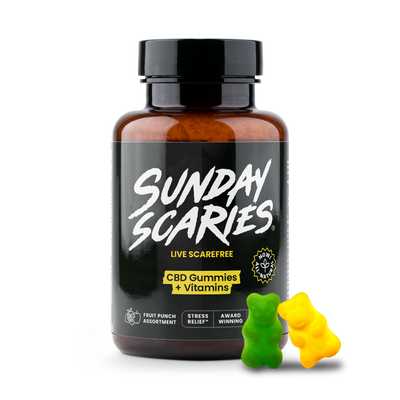 CBD Gummies
Stress Relief
CBD Gummies
Stress Relief
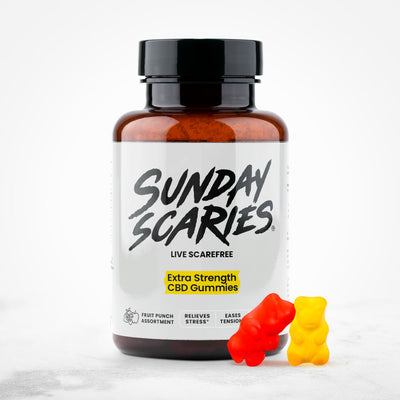 Extra Strength CBD Gummies
Stress Relief
Extra Strength CBD Gummies
Stress Relief
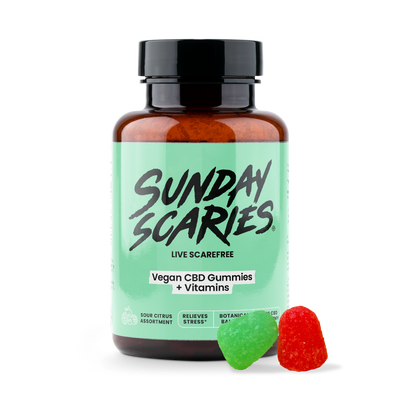 Vegan CBD Gummies
Stress Relief
Vegan CBD Gummies
Stress Relief
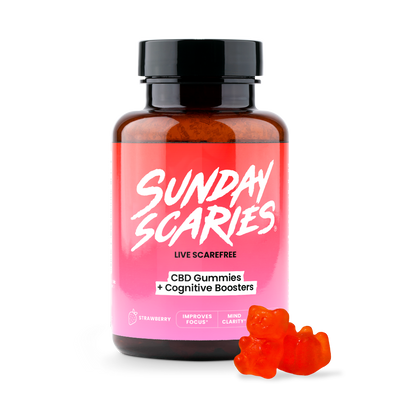 CBD Gummies for Focus
Focus Boost
CBD Gummies for Focus
Focus Boost
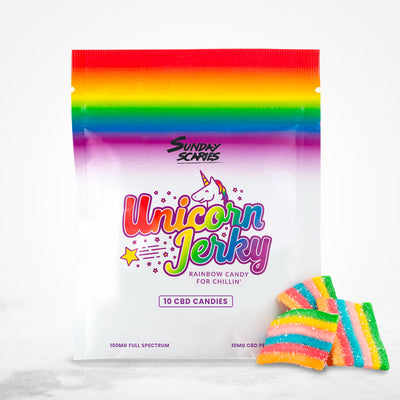 CBD Candy
Mood Lift
CBD Candy
Mood Lift
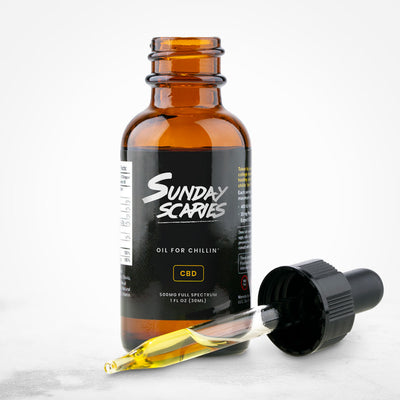 CBD Daytime Oil
Stress Relief
CBD Daytime Oil
Stress Relief
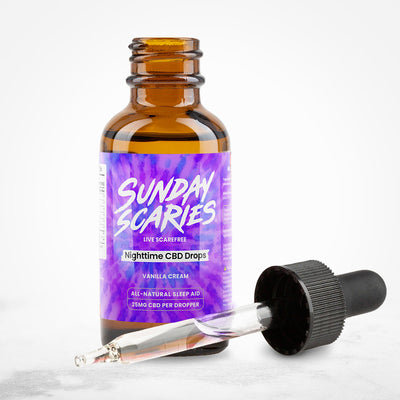 CBD Sleep Oil
Sleep Aid
CBD Sleep Oil
Sleep Aid
 CBD Dog Treats
Stress Relief
CBD Dog Treats
Stress Relief
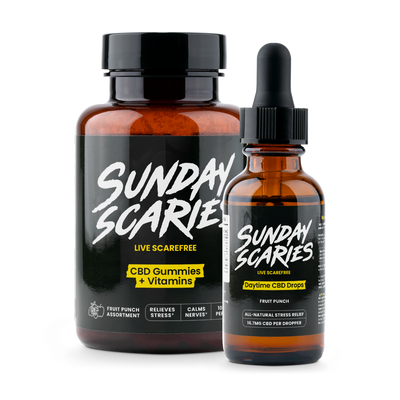 Side Piece Bundle
Stress Relief
Side Piece Bundle
Stress Relief
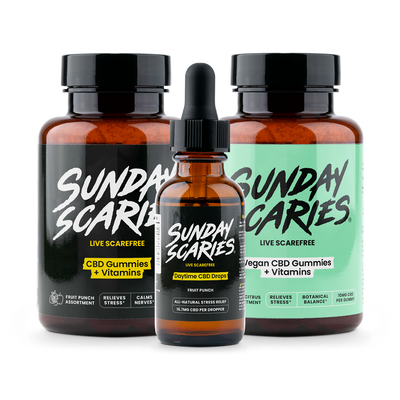 Rando Bundle
Stress Relief
Rando Bundle
Stress Relief
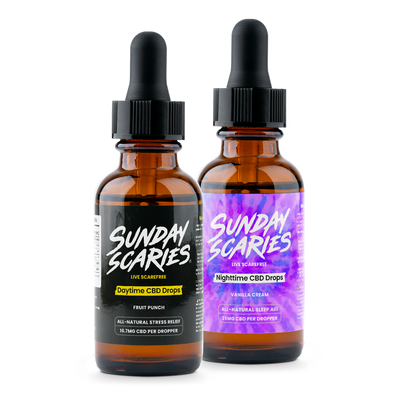 Sunrise & Sunset CBD Oil Bundle
Stress Relief
Sunrise & Sunset CBD Oil Bundle
Stress Relief
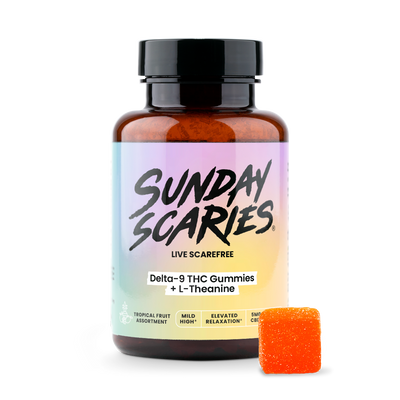 5mg Delta-9 Gummies
Euphoria
5mg Delta-9 Gummies
Euphoria
 10mg Delta-9 Gummies
Euphoria
10mg Delta-9 Gummies
Euphoria
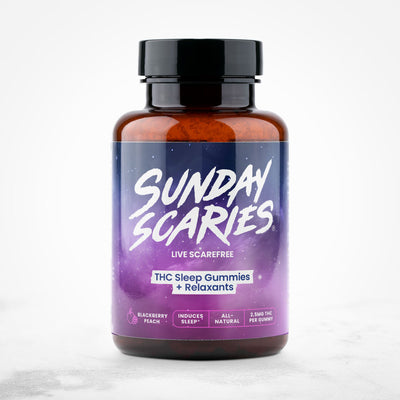 THC Gummies for Sleep
Sleep Aid
THC Gummies for Sleep
Sleep Aid
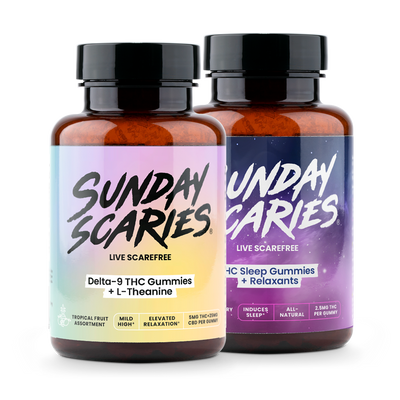 Day & Night THC Gummies Bundle
Stress Relief
Day & Night THC Gummies Bundle
Stress Relief
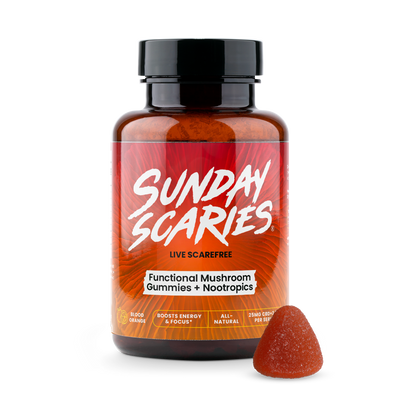 Mushroom Gummies
Focus Boost
Mushroom Gummies
Focus Boost
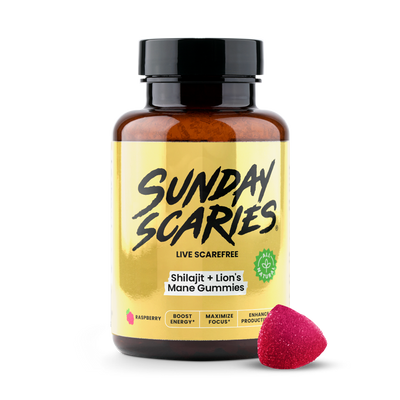 Shilajit Gummies
Focus Boost
Shilajit Gummies
Focus Boost
 Sunday Scaries Hat
Sunday Scaries Hat
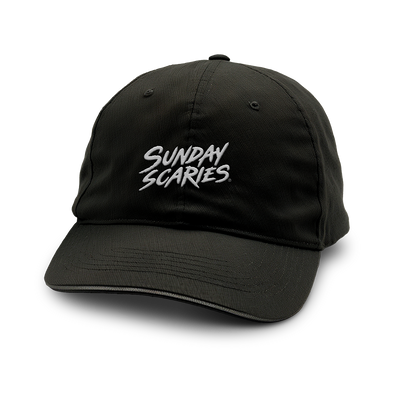 Sunday Scaries Dad Hat
Sunday Scaries Dad Hat
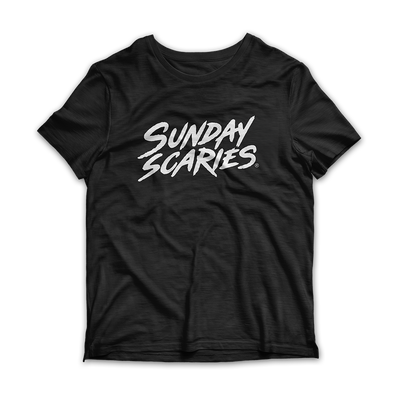 Sunday Scaries T-Shirt
Sunday Scaries T-Shirt
 Sunday Scaries Pocket Tee
Sunday Scaries Pocket Tee
 Sunday Scaries Tank Top
Sunday Scaries Tank Top
 Sunday Scaries Sweatshirt
Sunday Scaries Sweatshirt
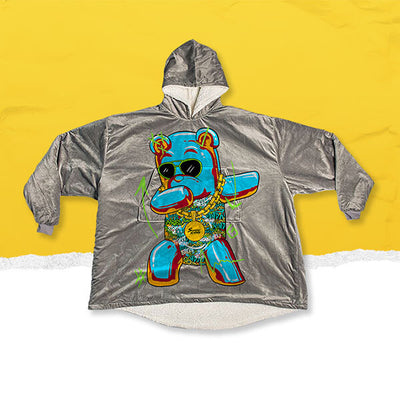 Sunday Scaries Blanket Jacket
Sunday Scaries Blanket Jacket
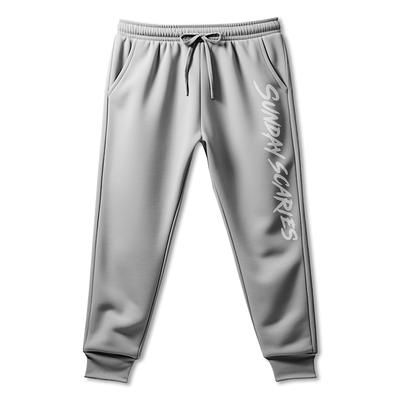 Sunday Scaries Sweatpants
Sunday Scaries Sweatpants

